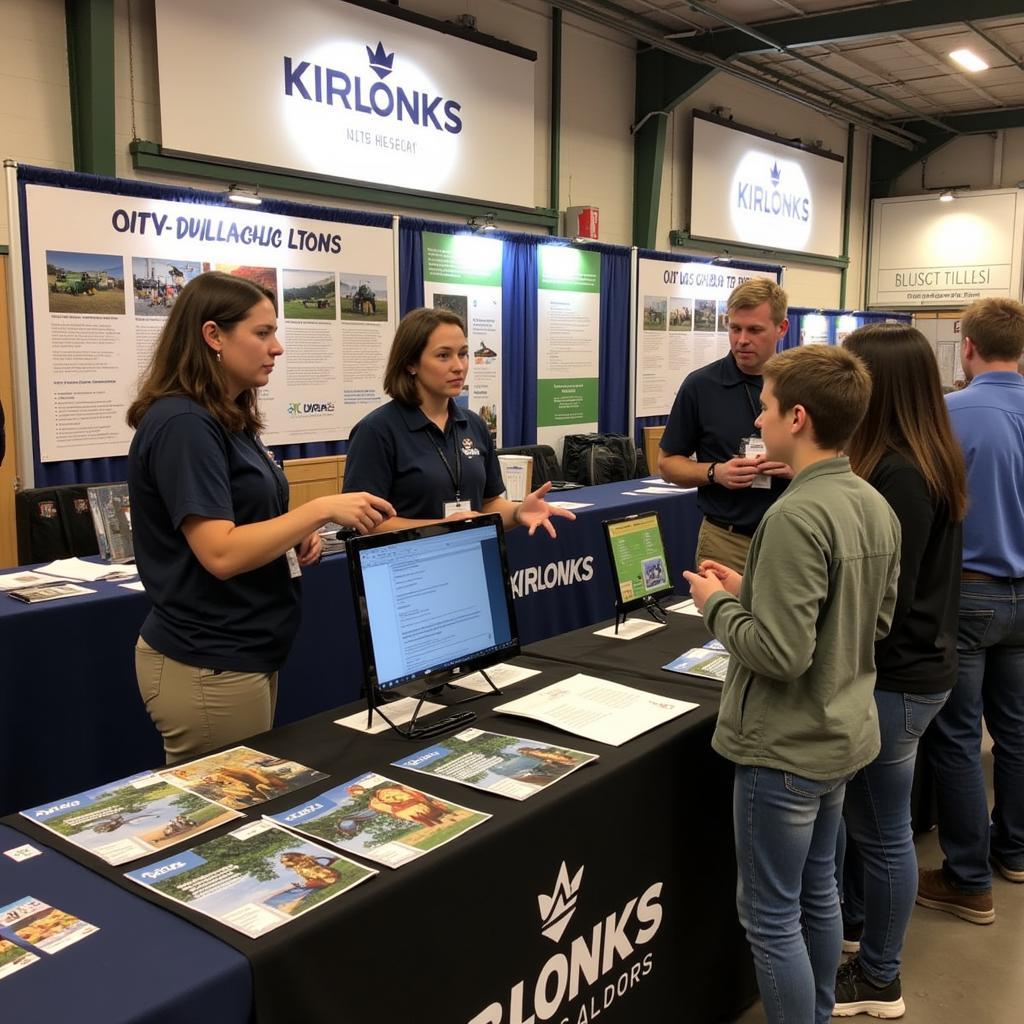Tool identification is crucial for FFA career development, offering students a pathway to explore various agricultural and related career paths. Understanding the tools used in different sectors helps students connect classroom learning to real-world applications, fostering a deeper understanding of their chosen field and preparing them for future success. By learning about different tools and their functions, FFA members can gain valuable insights into the diverse career opportunities within the agricultural industry.
Exploring Agricultural Careers through Tool Identification
Identifying tools specific to various agricultural sectors provides FFA members with practical knowledge and a tangible link to future careers. This hands-on approach allows students to envision themselves in specific roles, sparking interest and motivation. For instance, understanding the function of a soil auger can lead to exploring careers in soil science or agronomy. Similarly, familiarity with welding equipment can open doors to agricultural mechanics or fabrication.
How Tool Identification Guides FFA Career Choices
Connecting tools to specific careers helps students understand the practical skills required in each field. This knowledge empowers them to make informed decisions about their future career path. For example, recognizing the role of a moisture meter in grain storage can lead to a career in agricultural business or commodity trading.
By actively engaging with tools, FFA members develop a deeper understanding of the interconnectedness of various agricultural disciplines. This holistic perspective allows them to see how different skills and tools contribute to the overall success of the agricultural industry. This understanding fosters a sense of purpose and encourages them to pursue careers that align with their interests and aptitudes.
Building Essential Skills through Tool Recognition
Tool identification isn’t simply about memorizing names; it’s about understanding their function and application. This process builds essential skills crucial for career success, such as critical thinking, problem-solving, and attention to detail.
Developing Problem-Solving Abilities through Tool Use
When students understand how tools work, they can better diagnose problems and devise solutions. This problem-solving ability is invaluable in any career, especially in the ever-evolving field of agriculture. For instance, knowing how to troubleshoot a malfunctioning irrigation system requires understanding the individual components and how they work together.
“Practical experience with tools provides a foundation for critical thinking and problem-solving, essential skills for any successful career in agriculture,” says Dr. Sarah Miller, Agricultural Education Specialist at the University of Illinois.
Connecting Classroom Learning to Real-World Applications
Tool identification bridges the gap between theoretical knowledge and practical application. By recognizing and understanding the purpose of different tools, students can connect their classroom learning to real-world scenarios, making their education more relevant and engaging.
From Textbook to Toolbox: Practical Application of Knowledge
This hands-on approach to learning solidifies understanding and allows students to apply what they learn in a meaningful way. It also allows for exploration of different career paths within agriculture based on their interests and aptitudes.
 FFA Career Expo Showcasing Agricultural Tools and Technology
FFA Career Expo Showcasing Agricultural Tools and Technology
“FFA’s emphasis on tool identification empowers students to translate classroom learning into real-world skills, setting them up for success in their chosen agricultural careers,” adds John Davis, an experienced agricultural mechanic and FFA mentor.
Conclusion
Tool identification is an integral component of FFA career development. It provides a practical pathway for students to explore diverse agricultural careers, develop essential skills, and connect classroom learning to real-world applications. By mastering tool identification, FFA members gain a competitive edge, equipping themselves for successful and fulfilling careers in the agricultural industry. Embrace the opportunity to explore the world of agricultural tools and unlock your potential within the dynamic and ever-evolving field of agriculture.
FAQ
- How can I learn more about different agricultural tools?
- What are some common tools used in agricultural mechanics?
- How does tool identification help me choose a career path?
- Are there online resources available for learning about agricultural tools?
- How can I get hands-on experience with agricultural tools?
- What are the safety precautions to consider when using agricultural tools?
- Where can I find information about agricultural careers related to specific tools?
Need support? Contact us via WhatsApp: +1(641)206-8880, Email: [email protected] or visit us at 910 Cedar Lane, Chicago, IL 60605, USA. Our customer support team is available 24/7.

Leave a Reply